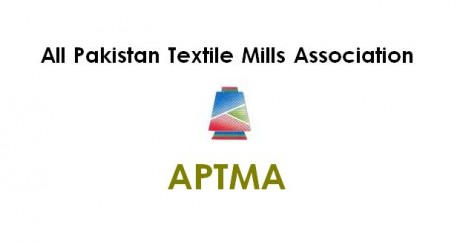ISLAMABAD: The All Pakistan Textile Mills Association (APTMA) has called on the government to urgently reverse what it describes as “regressive taxation policies” that are severely impacting the textile sector. The association warns that these policies are driving factories to permanent closure and leading to widespread unemployment.
In a statement released on Friday, APTMA expressed deep concern over the damaging effects of SRO350(1)/2024 and the recent removal of the sales tax exemption on local supplies intended for export manufacturing. According to APTMA, these policy changes are crippling the industry and have far-reaching consequences for employment, external sector stability, and the broader economy.
“These regressive measures are inflicting severe harm on the industry, with catastrophic implications for employment, economic stability, and overall national prosperity,” the statement read.
APTMA criticized the Federal Board of Revenue (FBR) for continuing to enforce what it deems a “dysfunctional policy,” despite repeated appeals from industry stakeholders and assurances from top officials. The operational difficulties created by SRO350, the association noted, have only added to the challenges already plaguing the sector.
Due to the requirement that the entire supply chain be linked for filing sales tax returns, many APTMA members and other companies are unable to meet filing deadlines. This issue arises because their upstream suppliers have not filed their returns, and the FBR has eliminated the option to delink invoices from the return.
APTMA urged the government to keep its promises and swiftly amend SRO350(1)/2024 in consultation with industrial stakeholders most affected by it. The textile sector, APTMA emphasized, cannot endure further delays in resolving this issue, which has already caused significant and lasting damage.
In addition, the association called for the reinstatement of the sales tax exemption on local supplies for export manufacturing, which was withdrawn under the Finance Act 2024. APTMA argues that the removal of zero-rating is not a revenue-generating measure but rather a reaction to FBR audits that identified misuse by a small number of firms among approximately 1,900 beneficiaries.
“APTMA strongly urges the government to restore zero-rating for local supplies used in export manufacturing under the Export Facilitation Scheme (EFS). Instead of penalizing the entire industry, the government should implement stricter checks and balances to prevent misuse,” the statement concluded.
APTMA warned that the survival of Pakistan’s textile industry, the livelihoods of millions, and the future of the nation’s economic stability depend on the prompt reversal of these damaging policies.




